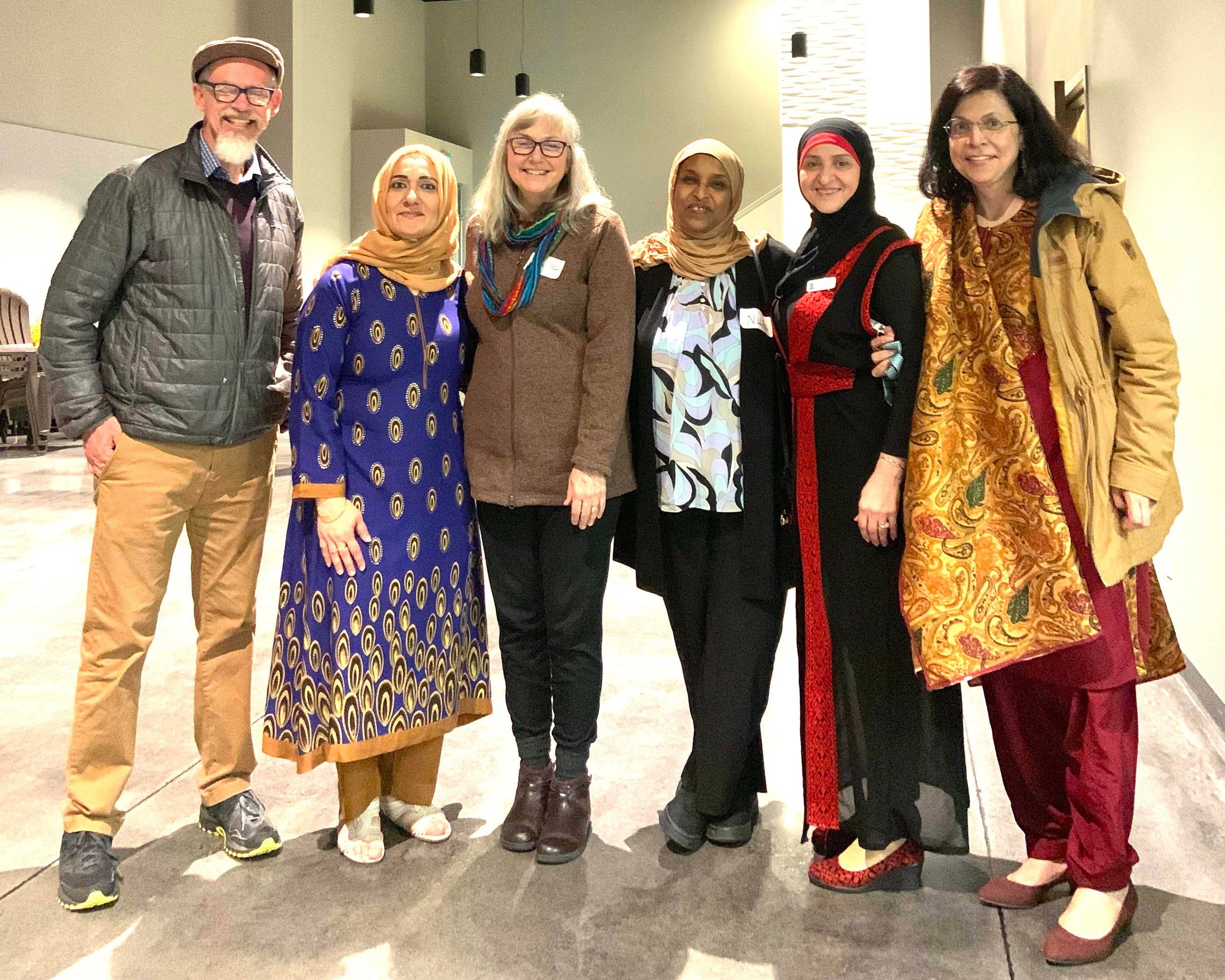Peacemaking Is About More Than You Think
by Bryan Carey
Christians often think peacemaking work between religious groups requires setting the bar really low in terms of the results we hope for. “Peace” must just mean getting along at some basic level, being able to have nice conversations, and not offending people from other groups.
Peace work, then, would mean something really shallow, which wouldn’t have much meaning. After all, most people would probably say something like, “We get along with folks (the problem is out there somewhere!).” If peacemaking were just some basic form of getting along, it wouldn’t be substantive enough to be significant in many people’s faith, their understanding of the very work of God on earth, and how God wants to form them on their discipleship journey.
Or perhaps, some might think, peacemaking is something good to do, but only so we can get on with the real work of God. But that’s not the case either.
So what is peacemaking?
As our local pastor here in Sarajevo has become a bit more familiar with our work and what it entails, including within the Protestant Church, he asked if I’d teach a seminar (pre-coronavirus) about the relationship between God’s mission and peace building. So I hosted a series of mini-teachings, activities, and conversations with about 24 people, including local Protestants, pastors, and missionaries.
To frame the seminar, we discussed God’s shalom. In Eden, every relationship (between people and God, one another, creation, and self) was perfect. When people distrusted God and broke God’s trust, shalom was interrupted and broken.
God’s mission, then, is the restoration of interconnected wholeness in relationships between individual and groups. God’s mission is reconciliation, that is, to restore shalom and healing to our relationships - with God, others, creation, and self.
“Wow, your view of peace, peacemaking and God’s mission is so much bigger than I imagined! It feels too big. It feels impossible. But at the same time, that’s super challenging, because it doesn’t feel like we’re compromising anything in our faith.”
As I framed interfaith peace work with an understanding of God’s mission to restore shalom, it became clearer how we can and must work with everyone – with those who are ideologically “other” (Muslims, atheists, Buddhists, agnostics, liberals, conservatives, etc.) – toward God’s healing and wholeness. It’s in that very context of collaboration with others that we can take baby steps toward individual and communal healing. As we collaborate toward goals we can agree about (of course there are things we will still disagree about!), our relationships deepen, our trust grows, and our relationships with one another, ourselves, creation, and even God can all begin to heal.
In a globalizing world where social divisions are growing wider and views more polarized, the historical stream of peace theology has a lot to offer to the Church. The Church is struggling to figure out what “witness,” “outreach,” and “God’s mission” all mean. How do we follow Jesus to faithfully pursue holistic healing in our divided communities?
Peace theology helps us to move from a framework of competition between individuals and groups toward a collaborative framework, in which we engage in collaborative service and mutually transformative conversations. Importantly for many Christians, genuinely collaborative relationships are actually better for our own discipleship and for learning how to have healthy conversations about faith, life, justice, and things that matter.
By the end of the seminar and after listening to the conversations, questions, concerns and feedback, my overall impression was that this paradigm shift from competition to collaboration in our relationships with people of other groups (religious and non-religious) is deeply attractive to people who want to follow Jesus. We’ve seen the damage that happens to ourselves and others, to our relationships with each other and with God, when we are oppositional and competitive in our relationships with those who are different.
So how might you move toward more collaborative approach? How might your community?











